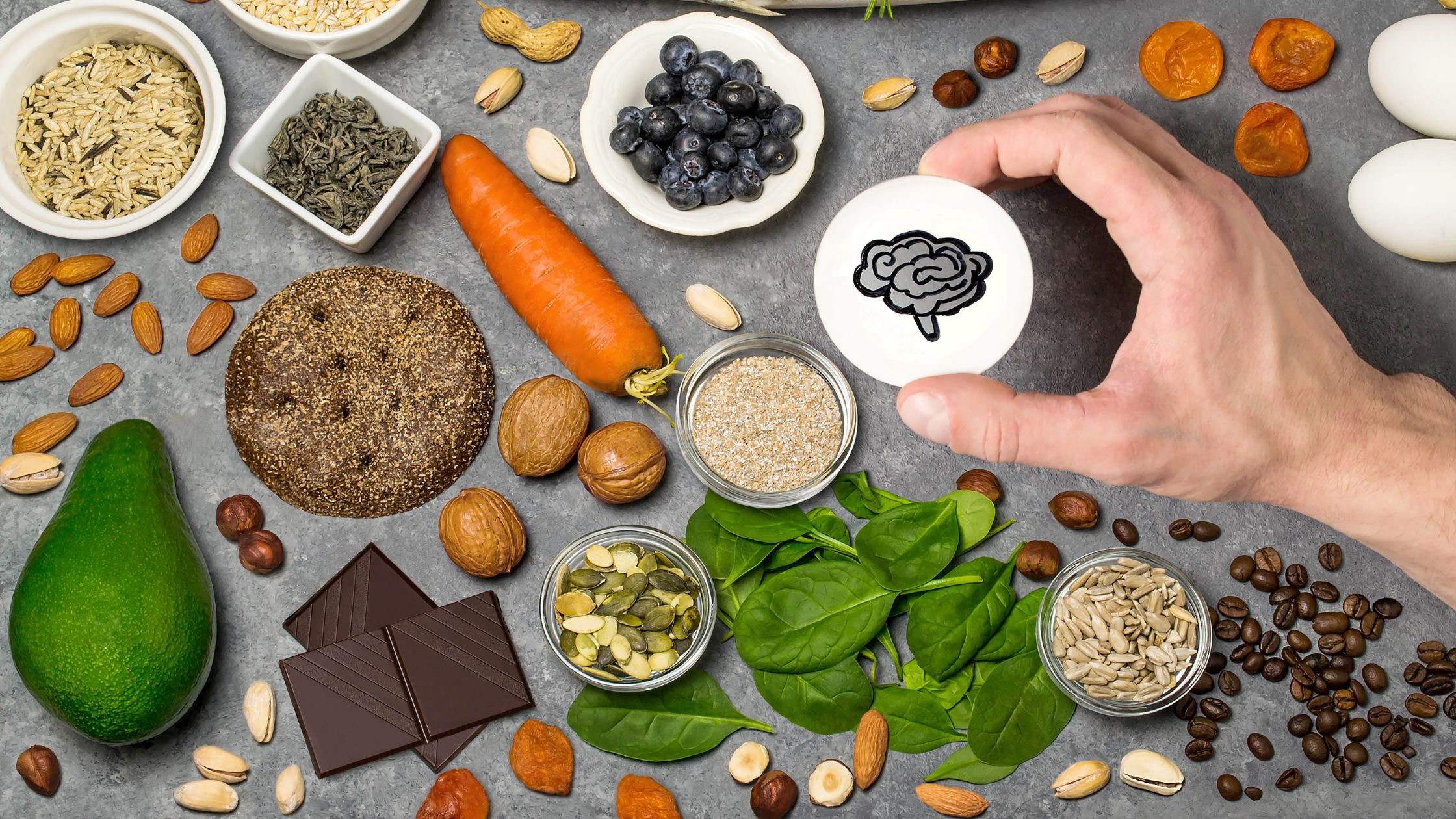Functional foods are dietary items that provide additional health advantages beyond their fundamental nutritional content. They have gained popularity as people become more health-conscious and interested in proactively managing their well-being. Here are some top trends related to functional foods:
Plant-Based Functional Foods: Plant-based diets have gained significant traction due to their perceived health benefits and environmental sustainability. Functional foods like plant-based meats, dairy alternatives, and protein-rich legumes are in high demand.

Immune-Boosting Ingredients: The COVID-19 pandemic has heightened interest in foods that support immune health. Functional foods containing ingredients like vitamin C, zinc, elderberry, and probiotics are being sought after.

Gut Health Focus: Consumers are increasingly aware of the importance of gut health in overall well-being. Fermented foods like yogurt, kefir, kombucha, and foods rich in prebiotic fibers are gaining popularity.

Personalized Nutrition: Advances in technology, such as genetic testing and personalized nutrition apps, are allowing individuals to tailor their diets to their specific health needs. Functional foods that cater to personalized nutritional requirements are on the rise.

CBD-Infused Products: Cannabidiol (CBD), a non-psychoactive compound from the cannabis plant, is being added to various functional foods and beverages for its potential benefits, including stress reduction and pain relief.

Brain-Boosting Ingredients: Cognitive health is a growing concern, especially among an aging population. Functional foods with ingredients like omega-3 fatty acids, antioxidants, and adaptogens are being marketed for their potential to support brain health.

Protein-Enriched Foods: High-protein diets continue to be popular, and functional foods with added protein, such as protein bars, shakes, and snacks, are in demand among fitness enthusiasts and those looking to manage weight.

Sustainable and Ethical Sourcing: Consumers are increasingly conscious of the environmental and ethical impact of their food choices. Functional foods that are sustainably sourced, cruelty-free, and produced with minimal waste are gaining favor.

Alternative Sweeteners: As people seek to reduce sugar consumption, functional foods using natural sweeteners like stevia, monk fruit, and erythritol are becoming more prevalent.

Collagen Supplements: Collagen, a protein that supports skin, hair, and joint health, is being incorporated into various functional foods and drinks, such as collagen-infused water, gummies, and powders.

Adaptogenic Herbs and Mushrooms: Adaptogens like ashwagandha, rhodiola, and reishi mushrooms are being added to functional foods and beverages for their potential to help the body adapt to stress and boost overall resilience.

Transparency and Clean Labeling: Consumers are looking for clear and concise information about the ingredients and nutritional content of functional foods. Clean labels with minimal additives and transparent sourcing are essential.

Convenience: Functional foods that are easy to incorporate into busy lifestyles, such as on-the-go snacks and pre-packaged meals with health-promoting ingredients, are gaining popularity.

Keep in mind that the popularity of functional foods can vary by region and may evolve over time as new research emerges and consumer preferences change.















